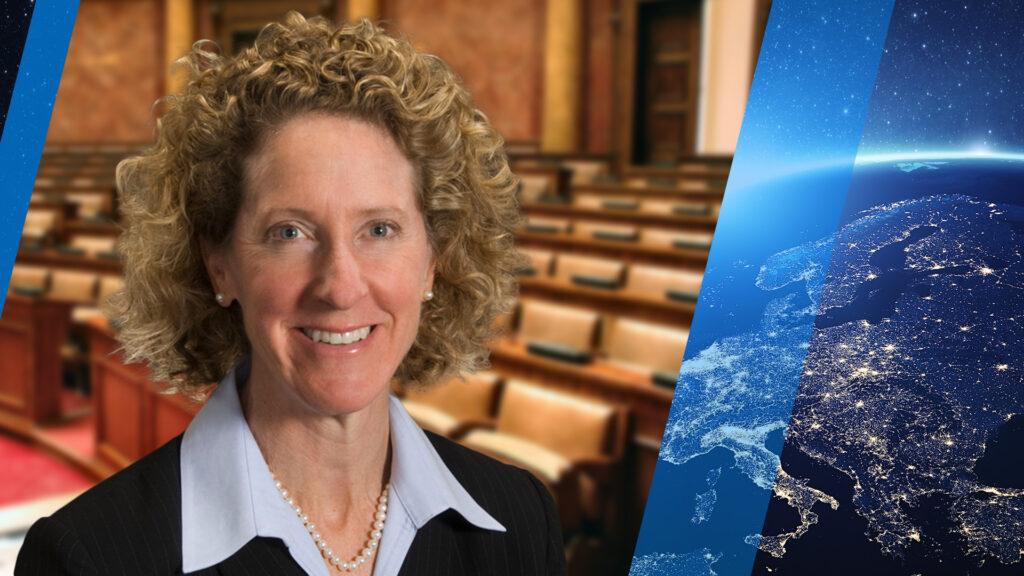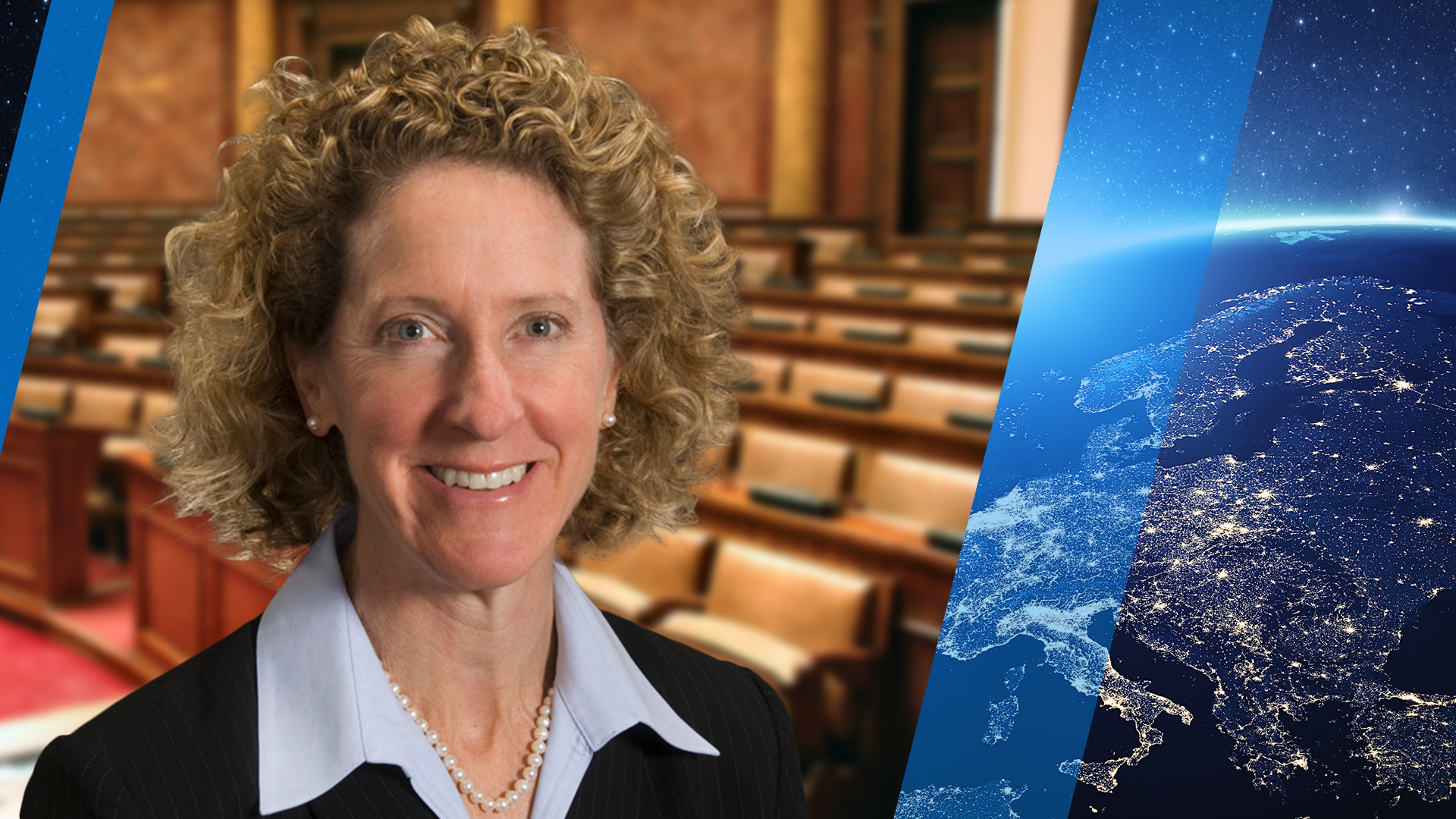
Merzbacher, executive director of the SRI-managed Quantum Economic Development Consortium, spoke on the importance of quantum programs, workforce, and R&D.
Celia Merzbacher, executive director of the SRI-Managed Quantum Economic Development Consortium (QED-C®), provided testimony before the U.S. House of Representatives Committee on Science, Space, and Technology on the importance and impact of quantum programs, industry, workforce, and research and development.
In her opening remarks to Chairman Frank Lucas and members of the committee, Merzbacher highlighted the progress made in fields related to quantum information science and technology (QIST) in the first five years of the National Quantum Initiative (NQI) and the opportunities in the next five years for government to help translate research into practical applications and economic value for QIST.
Her testimony urged the committee to ensure the NQI supports all parts of the innovation ecosystem—from basic research to commercialization.
Merzbacher’s testimony provided an assessment of the strengths and weakness of the NQI, which provides overarching strategy and coordination across agencies with a stake in quantum—as an area of research or for addressing their mission. It also aims to promote engagement with entities outside of the federal enterprise, including the private sector and international stakeholders. Her testimony went on to provide a series of recommendations to the committee on policy considerations and investment in research and development for quantum technology, including:
- For the US quantum industry to grow and flourish, policies should be developed that reinforce positive outcomes rather than restrict negative outcomes.
- Expand R&D to address gaps on the pathway to a robust quantum economy.
- Provide for upskilling and reskilling the existing workforce.
- Take full advantage of NIST, which has capabilities in quantum technologies, metrology, standards, and workforce training
- Support exploration of near-term as well as long-term applications.
- Be cautious about the use of export controls.
- Collaborate with international partners.
Merzbacher was joined by other witnesses to the committee, Dr. Charles Tahan, Director, National Quantum Coordination Office, OSTP, The Honorable Paul Dabbar, Former Under Secretary for Science, U.S. Department of Energy, Dr. Eleanor G. Rieffel, Senior Researcher for Advanced Computing and Data Analytics, NASA/Ames Research Center, and Dr. Emily Edwards, Executive Director, IQUIST, University of Illinois.
Read Merzbacher’s full testimony or watch the recording of the hearing by visiting: science.house.gov/2023/6/full-committee-hearing



